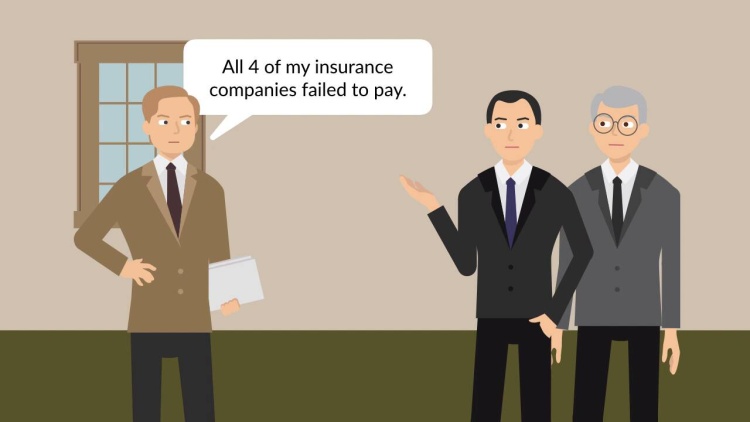Hodges v. Carter
North Carolina Supreme Court
80 S.E.2d 144, 239 N.C. 517 (1954)
- Written by Michael Beverly, JD
Facts
Hodges (plaintiff) owned a drugstore that burned down. Hodges had four fire insurance policies, but the company for each one denied Hodges’s claim. Hodges hired D.D. Topping and H.C. Carter (defendants), attorneys, to bring suit on each of his insurance claims. Topping and Carter instituted four actions on Hodges’s behalf, and, as was custom for attorneys in North Carolina, mailed the summonses and complaints to the Commissioner of Insurance of North Carolina. The Commissioner then forwarded the summonses and complaints by registered mail to the insurance companies. Service of process in this way was standard and routinely accepted by insurance companies. However, in this instance, the insurance companies moved to dismiss the complaints on the grounds of lack of proper service of process because the Commissioner did not have the authority to issue service of process against companies not in North Carolina. The Supreme Court of North Carolina granted the insurance companies’ motions to dismiss. Subsequently, Hodges brought suit against Topping and Carter, alleging negligence in the failed suits against the insurance companies due to the attorneys’ insufficient service of process. The trial court entered a nonsuit in favor of Topping and Carter. Hodges appealed.
Rule of Law
Issue
Holding and Reasoning (Barnhill, C.J.)
What to do next…
Here's why 907,000 law students have relied on our case briefs:
- Written by law professors and practitioners, not other law students. 47,100 briefs, keyed to 996 casebooks. Top-notch customer support.
- The right amount of information, includes the facts, issues, rule of law, holding and reasoning, and any concurrences and dissents.
- Access in your classes, works on your mobile and tablet. Massive library of related video lessons and high quality multiple-choice questions.
- Easy to use, uniform format for every case brief. Written in plain English, not in legalese. Our briefs summarize and simplify; they don’t just repeat the court’s language.





